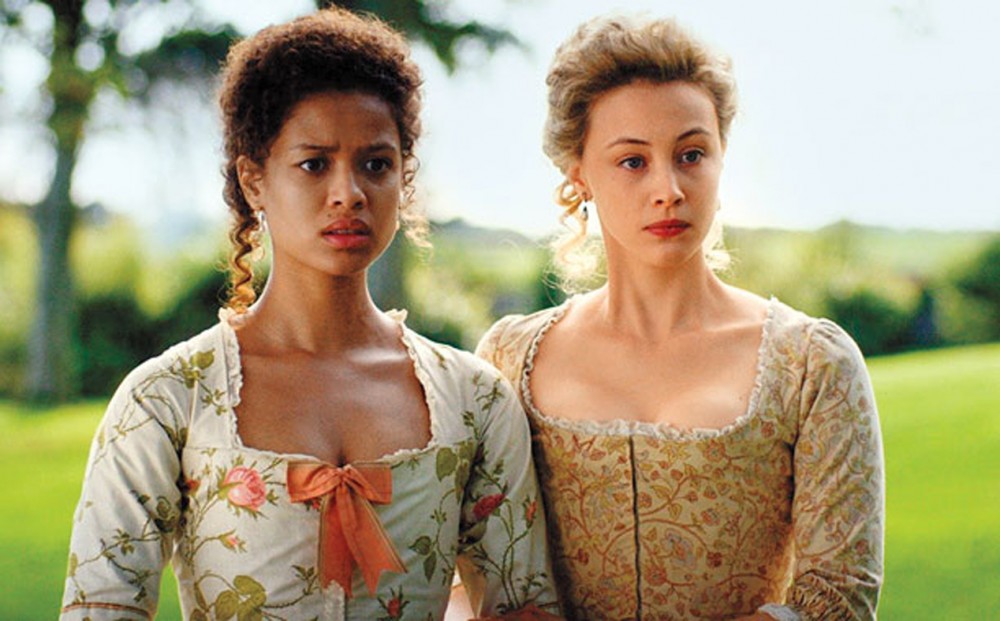Director Gaël Leiblang took advantage of an opportunity that many could only dream of. He spent several months with the world’s fastest man ever, Usain Bolt, to film his documentary, which aired on BBC One.
Usain holds the world records in the 100 meters (9.58) and 200 meters (19.19), and he’s the only man to have won both events in back to back Olympics (2008 in Beijing and 2012 in London). But in addition to documenting Bolt’s accolades on the track, Leiblang set out to give the world a behind-the-scenes glimpse of Usain Bolt’s everyday life.
We learn that Bolt was a 9-and-a-half pound baby who grew up in Sherwood Content, a quiet farming village in Jamaica. In primary school his first sporting love was cricket, although his father convinced him to follow his other hobby and continue developing in track – a wise choice for a country with such a devoted following in the sport. The Jamaican high school track championships “The Champs” draws a yearly crowd of around 50,000 people.
Though recruited by American and European schools, Bolt chose to stay at his roots and continue his training at a high performance athletic center in Kingston, Jamaica.
Leiblang makes no mistake about the amount of effort that goes into training to be an Olympic superstar. Throughout the documentary are scenes of Usain at practice. For entertainment purposes, these scenes wouldn’t have made the cut, but true to the life of the athlete, much of what goes on behind the scenes is mundane.
Sure there are press conferences, stays at extravagant hotels, interviews, photo shoots, and flash bulbs from paparazzi.
But besides an occasional house party and battles on his beloved PlayStation, life is mostly about track for Usain.
And those involved in his life – his agent Rick Simms, his parents and number one fans Wellesley and Jennifer Bolt, his coach Glen Mills, his training partners Daniel Bailey (Antigua) and Yohan Blake (Jamaica), and his best friend and personal manager Nugent Walker – are heavily rooted in the sport.
Bolt attributes his success to “day in, day out sacrifice… Behind the scenes is where the work is done.”
Leiblang links Bolt’s success to his training grounds:
I think [the success of Jamaican athletes is] because now athletes are staying in their own countries to be trained. Twenty years ago, they’d be going to the US to study and it’s really hard because you are away from your roots. Usain had offers to go to the US but his father decided he should stay in Jamaica. Now these countries have good trainers. And Jamaica is not like other countries where you can choose from 100 sports; it’s either cricket or track and field. So if you are good in one of these, people will watch you: if they have a pearl, they will find it.
Much of the documentary simply recaps Bolt’s track progress – from his first World Youth Championships meet in Hungary in 2001 to his false start at the 2011 World Championships in South, Korea.
Yet, there are some moments where a candid Bolt emerges.
One such moment is when Bolt told himself during a rough practice:
This is your conscience speaking. Don’t do it. Stop running. Go play football. Go play golf.
Another was after his false start on the international stage. His countryman Yohan Blake took first place honors, and while happy for Blake, Bolt couldn’t hide his disappointment with himself from the lens.
It shines through that Director Gaël Leiblang has nothing but admiration for Bolt. He expressed as much about how Bolt handled the filming process:
During seven months, [Usain] never asked us to stop filming. We could discuss everything: the business; the girls; the life; his patience; his spirit. It’s not often you find someone who is not trying to calculate his image. The most important thing for me was after the defeat in Daegu [at last year’s world championships]. How many champions would accept the camera after defeat? I had great respect for him then.
Leiblang will add a second part to the footage based on Bolt in the 2012 Olympics.
Watch the full movie.










Can you please tell me the name of some of the songs in the documentary. I really like one of the songs, but I can’t find i anywhere.. It sounds like it comes from Jamaica. Something about Kingston
Is he still running/competing? Who’s gonna catch him?